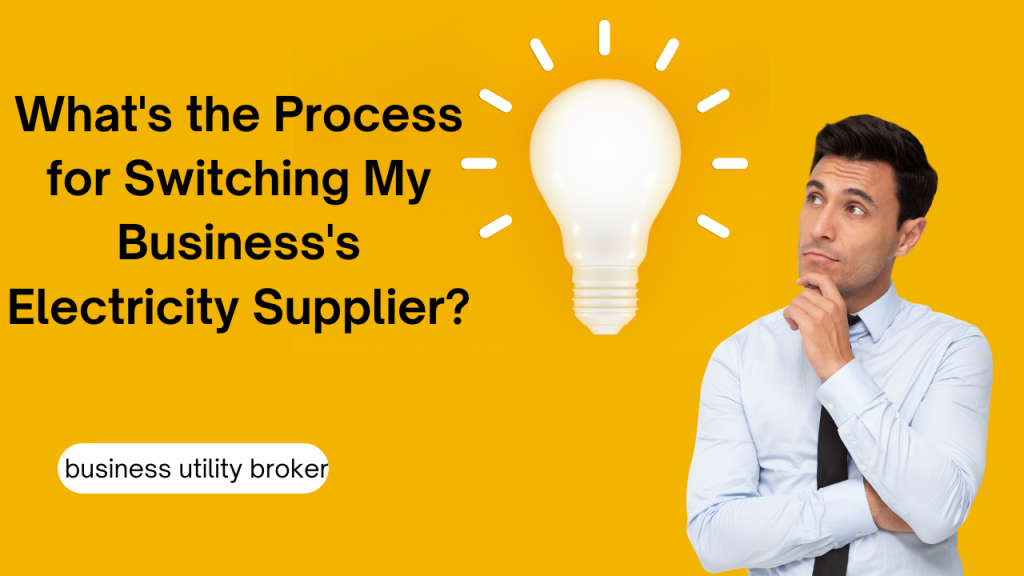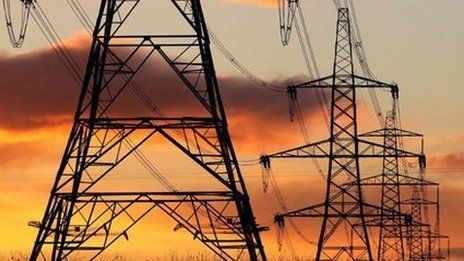
Choosing the right electricity supplier for your business is a crucial decision that can have a significant impact on your bottom line and environmental footprint. By making an informed switch, you can potentially save on energy costs and contribute to a more sustainable future. Also check out our blog, The Ultimate Guide to Find Cheapest Electricity in Ireland. In this comprehensive guide, we aim to provide you with a step-by-step roadmap for switching your business’s electricity supplier in Ireland.
Assessing Your Current Energy Usage
Understanding your current energy consumption is the first step towards finding the right electricity supplier. To do this, analyze your past electricity bills and usage patterns. Look for trends, peak periods, and any unnecessary energy wastage. The more you know about your energy needs, the better prepared you’ll be to make an informed switch.
Researching Electricity Suppliers in Ireland
Ireland boasts a diverse range of electricity suppliers, each with its unique set of offerings. When choosing a supplier, you should consider factors such as price, contract terms, and customer service. You can use a comparison website to compare electricity suppliers in Ireland or contact business Utility Broker .
Websites will allow you to compare prices, contract terms, and customer reviews. It is also a good idea to read online reviews of different electricity suppliers. This will give you an idea of what other businesses have experienced. You’ll gain valuable insights into how to compare suppliers based on their rates, services, environmental commitments, and customer reviews. Armed with this information, you’ll be better equipped to select the supplier that best aligns with your business’s values and objectives.

Understanding Electricity Contracts
There are two main types of electricity contracts: fixed-rate and variable-rate contracts.
Fixed-rate contracts offer a guaranteed price for a set period of time, usually one or two years. This can give you peace of mind knowing that your energy costs will not fluctuate. However, fixed-rate contracts can be more expensive than variable-rate contracts
Variable-rate contracts have a more flexible price that can change on a monthly basis. This means that your energy costs could go up or down depending on market conditions. However, variable-rate contracts can be a good option if you are looking to save money. How to switch business energy provider will guide with rules and regulations to stick with while changing energy provider.
Calculating Potential Cost Savings
Once you have chosen a few electricity suppliers, you can start to calculate your potential cost savings. This will help you decide which supplier is the best fit for your business.
There are a number of online calculators that can help you with this. These calculators will ask you for information about your current energy usage and needs. They will then use this information to estimate your potential savings.
Contacting and Requesting Quotes from Suppliers
Once you have narrowed down your options, you can start contacting the selected electricity suppliers. When contacting suppliers, be sure to ask about the following:
- Price
- Contract terms
- Customer service
- Any additional services offered
It is also a good idea to request quotes from each supplier. This will give you a better understanding of the different options available to you.
Reviewing and Comparing Supplier Offers
Once you have received quotes from different electricity suppliers, it is time to contact them and request quotes. When requesting quotes, be sure to ask about the following:
- The price of electricity
- The contract length
- The services offered
- Any early termination fees
It is also a good idea to get quotes from more than one supplier. This will help you ensure that you are getting the best possible deal.
Making the Decision to Switch
Once you have reviewed and compared the different quotes, you can start to make the decision to switch suppliers. When making this decision, be sure to consider the following factors:
- Your current energy usage
- Your business’s needs
- The different quotes
- Your budget
If you are still unsure about which supplier to choose, you can always contact a comparison website or an energy consultant for help.
Contracting with the New Supplier
Once you’ve made the decision to switch, it’s time to contact the selected suppliers and request quotes. Be sure to ask about all the terms and conditions of the contract, including any early termination fees. . Visit our blog to find Top 5 Cheapest Gas Suppliers
Notifying Your Current Supplier
Switching suppliers involves informing your current electricity provider of your intention to switch. Effective communication is key to managing the transition professionally. Be sure to do this in writing and give them the required notice period.
Managing the Switching Process
A timeline of what to expect during the switching process will help you prepare. The switching process will vary depending on the supplier, but it typically takes a few weeks to complete. New supplier also play important role in facilitating the switch and offer tips on ensuring a seamless transition without disruptions to your business operations.
Monitoring and Optimizing Your New Energy Plan
Once your switch is complete, it’s important to monitor your energy usage and costs to make sure you’re getting the best deal possible. You can do this by setting up alerts on your energy bills or using a monitoring service.
Conclusion
Switching your business’s electricity supplier in Ireland is a strategic move that can result in cost savings and environmental benefits. Switching your business’s electricity supplier can be a long and daunting process, but it doesn’t have to be. A business utility broker specializes in helping businesses find the best electricity rates. We will do all the research and legwork for you, so you can focus on running your business. Remember, taking control of your energy usage and exploring your options for better energy solutions is a step towards a brighter and more sustainable future.
